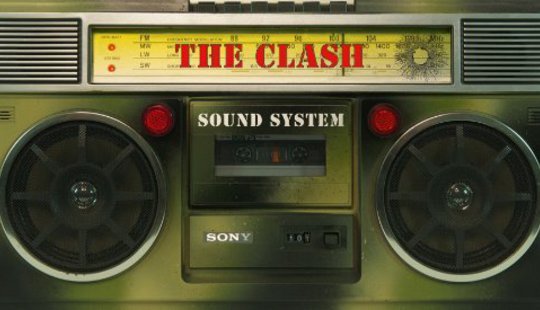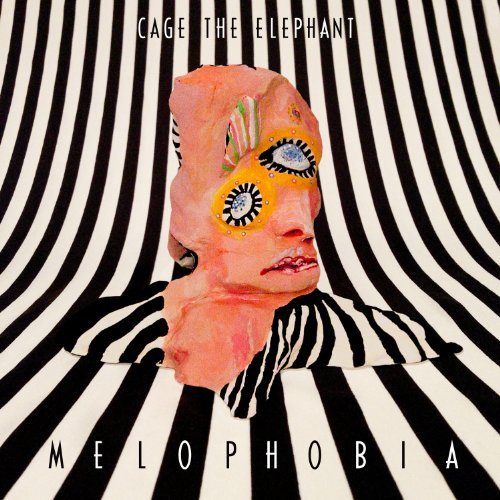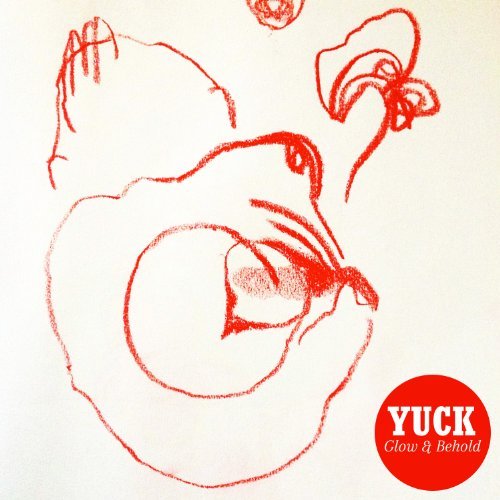There isn't a lot to say about The Clash that hasn't been written umpteen times before. With six books to their name scribed by various sources together with acres of articles, their story has been told from numerous angles on many different levels. As a longtime devotee of the band - I bought my first Clash 7-inch ('Know Your Rights') in the spring of 1981 aged 11 - I'd wholeheartedly recommend both 'A Riot of Their Own', former tour manager Johnny Green's account of his three years spent on the road with the band, and 'Passion is a Fashion', Pat Gilbert's fairly definitive warts and all 2005 biography. Of course part of the romantice with such publications for me and legions of other fans that were just too young to see the band in action is the unrelenting myth which surrounds them. Be it self-proclaimed or otherwise ('Last Gang In Town' anyone..?), there hadn't been anything like them before their arrival and - perhaps Manic Street Preachers aside - hasn't been anything that compares since.
And so onto Sound System, a whopping great package by anyone's standards. Designed by bassist Paul Simonon to replicate a ghetto blaster and featuring all of the band's studio albums bar one notable exception, 1985's Cut the Crap which to all intents and purposes was a Clash album in name only. As well as containing their first five albums - The Clash, Give 'Em Enough Rope, London Calling, Sandinista! and Combat Rock, all re-mastered by guitarist Mick Jones, there's also three CDs' worth of extras including non-album singles, b-sides, live tracks, demos and unreleased material. Furthermore, there's also a DVD which features previously unseen footage shot by Julien Temple and Don Letts along with excerpts from a live show at Sussex University in 1977, the aborted Clash On Broadway film project and every promotional video the band ever made (although 'Rude Boy', the feature film first screened in 1980 is also conspicuous by its absence). Add numerous badges, stickers, a dog tag, notepad, poster, paperback book and three copies of their Armagideon Times fanzine including one specially written for this compilation and you've a mammoth-sized treasure trove of music and memorabilia for any discerning Clash enthusiast.
Listening to each album in chronological order, the progression made over the course of five short years is startling. While the spit and sawdust, three chord amphetamine and adrenalin fest that was their first LP won't win any prizes for innovation, when considering these tracks were laid down at the outset of 1977 it must have sounded like something from another planet at the time. Even now, looking back at television footage on old Top of the Pops re-runs and such like, the mid-to-late Seventies were quite possibly the most anodyne, nondescript period for popular music in history. After David Bowie and Roxy Music had instilled a wave of divine inspiration at the beginning of the decade, the seventies had lost their way dramatically, buried under a wave of safe, middle of the road mediocrity and preposterous novelty acts. Something drastic was required. Urgently. And with the arrival of The Clash and the Sex Pistols, a new movement was born. The songs that make up that firt album - and particularly the accompanying demos on the Sound System Extras CD - sound like embryonic ventures into songwriting. 'I'm So Bored of the USA', which actually started life as a love song ('I'm So Bored Of You') purveys a charming clumsiness in lyrics like "Yankee detectives are always on the TV", yet still manages to sound urgent by every chorus. Though the early Clash are probably best summed up by album closer 'Garageland' ("We're a garage band, we come from garageland"). That they were already recording the follow-up less than twelve months later tells its own remarkable story.

Lambasted almost immediately for its supposed 'over production', in hindsight Give 'Em Enough Rope gave the earliest indication of The Clash's intentions to gatecrash America. Hiring Blue Oyster Cult manager-cum-producer Sandy Pearlman to oversee the recording process, songs like 'Julie's Been Working For The Drug Squad', 'Stay Free' and 'Safe European Home' all marked a departure from the raw colloquialisms of its predecessor. Of course, the interim period had seen them release '(White Man) In Hammersmith Palais', four minutes of breathtaking, groundbreaking audacity some critics were calling 'punk rock's "Bohemian Rapsody"' at the time. The sea was abruptly changing and with Topper Headon now firmly ensconced behind the drum kit in place of original sticksman Terry Chimes, Give 'Em Enough Rope signalled the dawning of a new era for The Clash. And it wasn't about to end there...
Mention The Clash to anyone these days and nine times out of ten they'll respond with the same two words; 'London Calling'. As with Give 'Em Enough Rope before, the band were back in the studio just over a year on from its release. However this time, the results were altogether more bold and magnificent. Produced by Guy Stevens, the man allegedly responsible for Mott The Hoople's existence, London Calling was a sprawling, genre transgressing opus spanning nineteen songs over two records. Though tracks like 'Hateful' and 'Death Or Glory' stuck religiously close to The Clash blueprint of foot-to-the-floor no nonsense rock and roll, songs like the title track, politically motivated yet poppy 'Spanish Bombs' and nearest thing the band had ever gotten to writing a ballad 'Train In Vain' heralded a further progression. And 'The Guns Of Brixton' and 'Rudie Can't Fail' fused dub, reggae, ska and even calypso with the latter in a way that confirmed their ascension to rock's major league. London Calling was the first Clash record to break America, eventually attaining platinum status. From that moment on, The Clash never looked back. And the possibilities as to where they'd go next limitless.
If London Calling was an ambitious attempt at gatecrashing the world of double albums, then the band's fourth record, Sandinista! was off the scale altogether. This time taking the shape of a 36 songs triple album, Sandinista! fused world music influences with all of the ingredients that had gone onto make London Calling such a reverential record, along with various collaborations and dub remixes of some of its focal tracks. At times maybe complacent in terms of quality control, there can be no disputing The Clash weren't content just sitting on their laurels with world domination at their fingertips. With very few obvious radio friendly singles among its over-populated number, Sandinista! signified commercial suicide in many ways. Again, receiving mixed reviews from critics at the time, it also alienated a lot of their original fanbase who'd since moved onto second wave punk bands like Sham 69 and UK Subs, artists The Clash were only too relieved to disassociate themselves with. Even today Sandinista! isn't the easiest of listens, particularly when attempted all in one sitting. But at the same time, as an artifact of a band continually pushing themselves beyond theirs or anyone else's wildest expectations of what could possibly be achieved, deserves a healthy slab of recognition regardless. Plus, when all's said and done, 'Charlie Don't Surf', 'Corner Soul' and 'The Magnificent Seven' all stand proud alongside the band's finest compositions.
By the time fifth album Combat Rock arrived in the summer of 1982, so had the futurists and new romantics. Whereas previously The Clash could almost guarantee a high chart position upon the release of any record, they had to settle for the album's lead single, 'Know Your Rights' failing to break the Top 40. In the States however, it was a different matter altogether. While still traversing boundaries at every turn, Combat Rock proved a more succinct affair than either of the two records that came before it. Its biggest single at the time being 'Rock The Casbah', which hit the Top 10 in America. Posthumously of course, both 'Should I Stay Or Should I Go' and its original b-side 'Straight To Hell' have since usurped '...Casbah' in the popularity stakes, in the UK at least. The former, due to it reaching number one in the singles chart ten years on from its original release thanks to a Levi's jeans commercial. Meanwhile the latter's backbeat rhythm being sampled on M.I.A.'s 'Paper Planes' six years ago rekindled interest in the band for a new generation.
Elsewhere, the band's near flawless run of singles is represented on discs one and two of the 3-CD Sound System Extras. Its also worth noting some of the excellent b-sides the band put out. 'Armagideon Time' off the flip of 'Bank Robber' we've already touched upon, while '1977' off debut release 'White Riot' with its "No Elvis, Beatles or the Rolling Stones!" refrain acted as something of a manifesto not only for The Clash, but punk rock in general. 'The Prisoner', taken from the '(White Man) In Hammersmith Palais' seven-inch and 'First Night Back In London' off the 'Know Your Rights' release also figure in the upper echelons of the band's back catalogue.
The question is, who in the current climate can afford to part with eighty pounds and upwards, particularly as there are already numerous other Clash boxsets, anthologies and compilations available on the market? Nevertheless, Sound System really is the definitive article, and with Christmas on the horizon, is sure to feature high on several wishlists.
-
9Dom Gourlay's Score






















